Innovative solutions for green energy
Biogas is a key element of a sustainable energy future, offering benefits for both the environment and the economy. Investing in biogas is a step towards a cleaner, greener and more sustainable future.
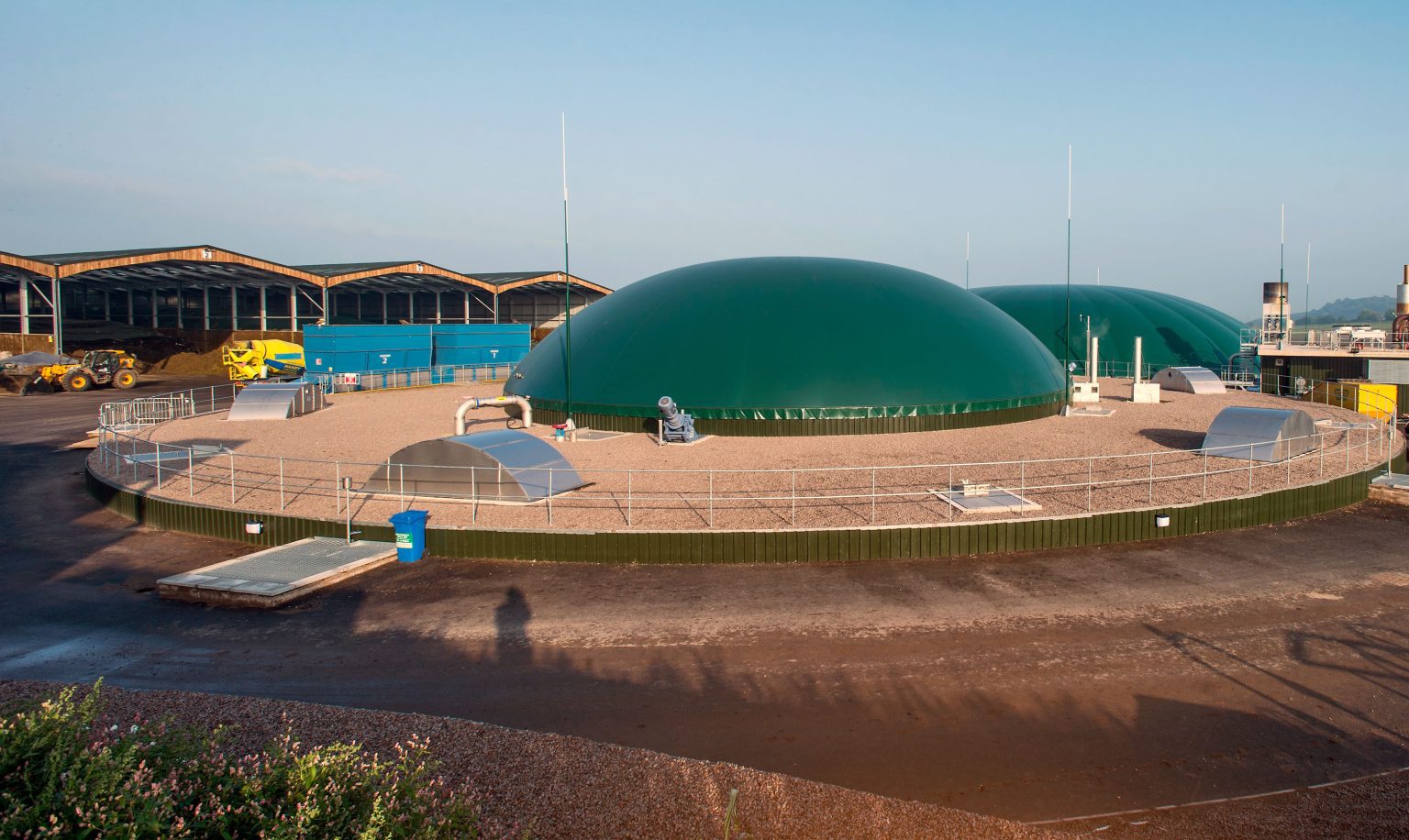

Biogas plant operation scheme
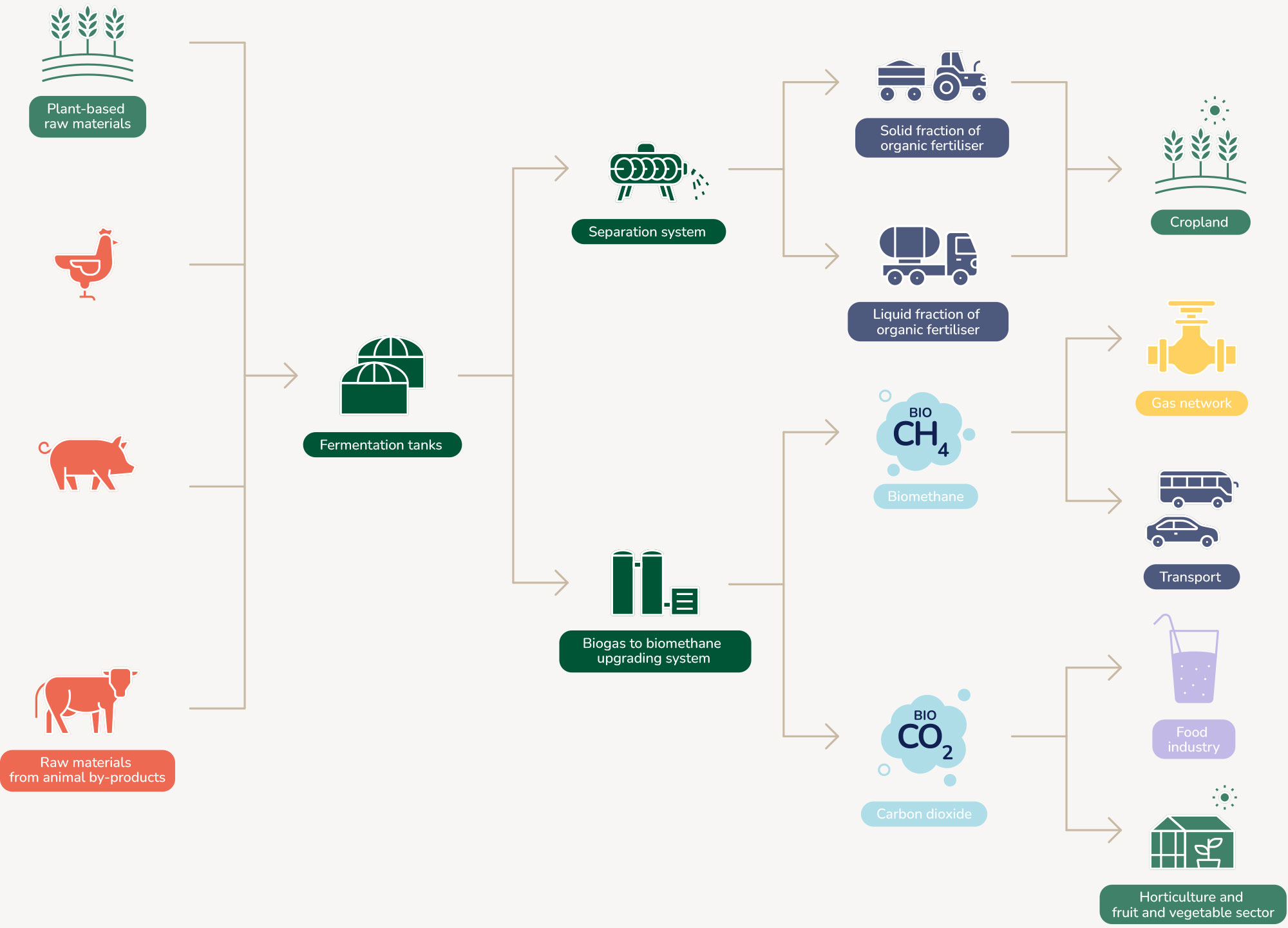
Enricom Biogas’ areas of activity
Buying raw materials
One of Enricom Biogas’ areas of activity is the purchase of raw materials from local entrepreneurs and farms.
The main raw materials used for biogas production in our biogas plants include slurry, poultry manure, maize straw silage and other organic agri-food waste.
We offer flexible forms of cooperation in the area of collection of raw materials, so-called biomass. The agreed method of delivery of raw materials is individually adapted to the supplier’s production schedules and specifics.
Enricom Biogas complies with all legal requirements and ensures a high standard of operation, providing a guarantee of the safety of the biogas production process.
Production and sale of biomethane
At our biogas plants, we produce biogas that undergoes treatment to obtain the quality of natural gas, i.e. biomethane.
This process occurs through the separation of non-combustible gases resulting from the decomposition of organic matter.
The biomethane produced in our biogas plants is of high quality, containing between 97% and 99.9% methane. The end product is pumped into the gas network and can be used for any purpose and at any location if a gas network is available.
Bio-CO2 production
CO2 is a by-product in the process of purifying biogas into biomethane.
The production of bio-CO2 using renewable sources such as biogas can contribute to reducing carbon dioxide emissions into the atmosphere, which has a positive impact on reducing the greenhouse effect and climate change.
Sale of post-fermentation biomass mixture, so-called organic fertiliser
The post-fermentation biomass mixture is produced by the anaerobic digestion process in biogas plants.
The digestate contains residual organic matter that has not fermented, as well as NPK fertiliser compounds and microminerals that are important for plant nutrition. This so-called organic fertiliser, which has a pH value close to neutral, has a beneficial effect on the structure of the cultivated soil.
Benefits of biogas plants
Biogas plants are becoming an increasingly popular solution for waste management and renewable energy production. Ultimately, we obtain CO2-neutral energy, which is a major benefit for the overall climate bill.
Our company focuses on the key business areas of sourcing raw materials, production and sale of biomethane, production of bio-CO2, as well as the sale of pro-fermentation biomass mix, so-called organic fertiliser.
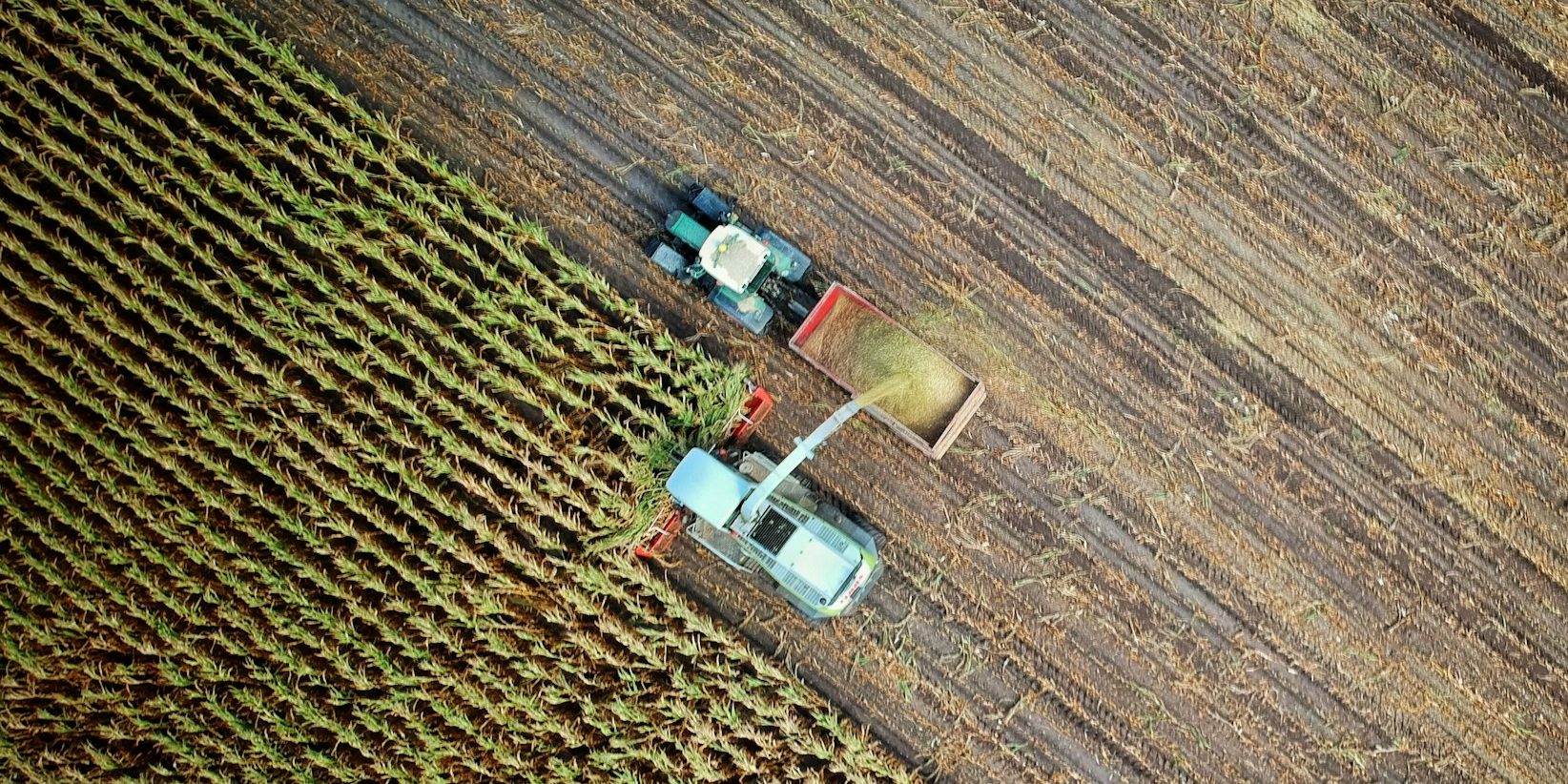
Clean energy production
The biogas plant produces biogas, which is applied in electricity generation, heat generation and biomethane production. Biogas is a renewable energy source that has the effect of reducing greenhouse gas emissions and reducing the dependence on fossil fuels.

Organic waste recycling
In a biogas plant, the substrate used for biogas production is biomass from waste from agri-food processing and livestock farming, including slurry, manure, crop silage, and waste from agri-food processing. This reduces the amount of waste going to landfill and the recycling process is carried out in a suitable, environmentally beneficial way.
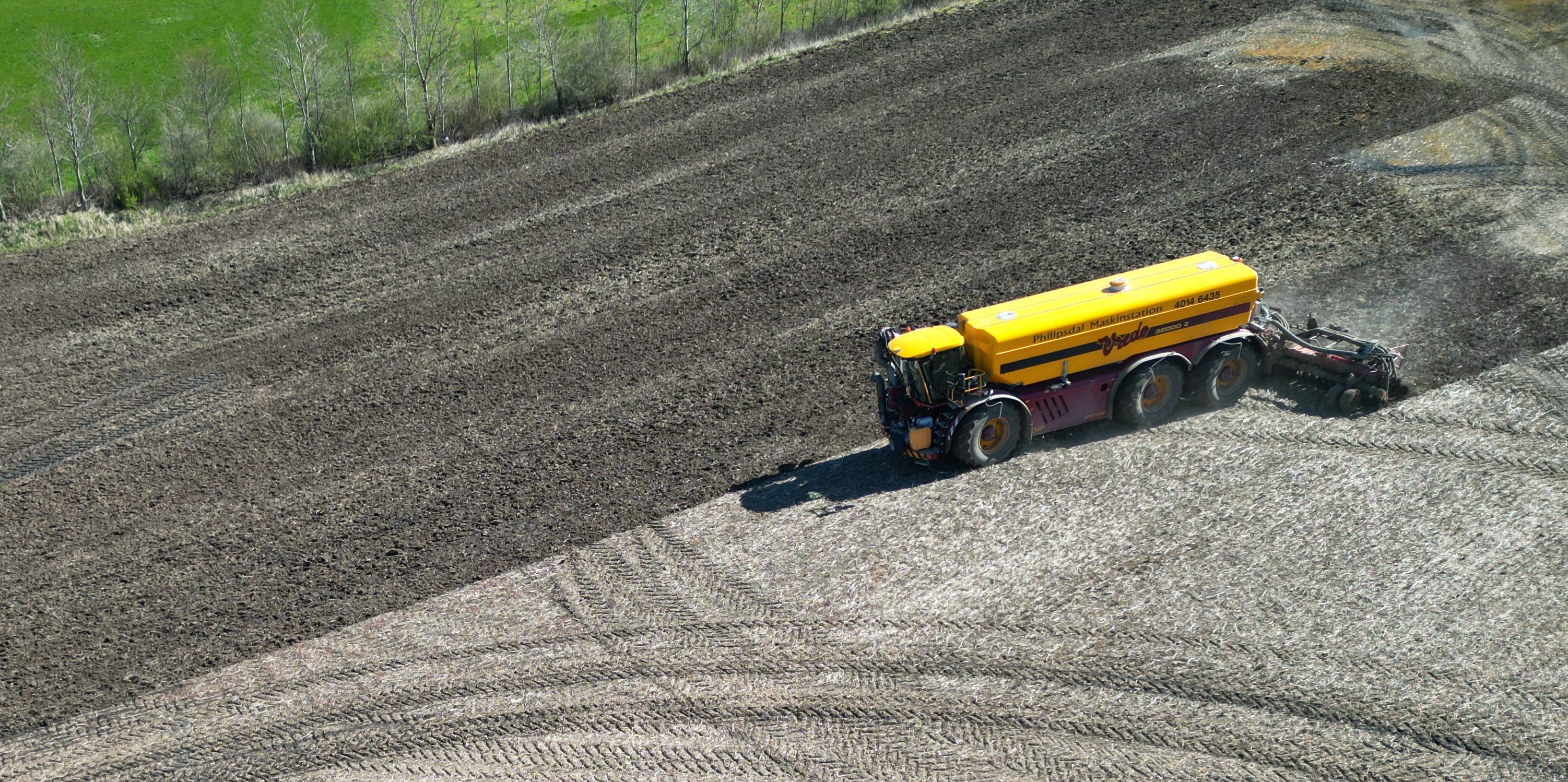
Organic fertiliser production
The result of the fermentation process taking place in the biogas plant is a post-fermentation biomass mixture, which is applied as a natural organic fertiliser, used in the cultivation of agricultural land. This improves the soil structure and provides nutrients to the plants.
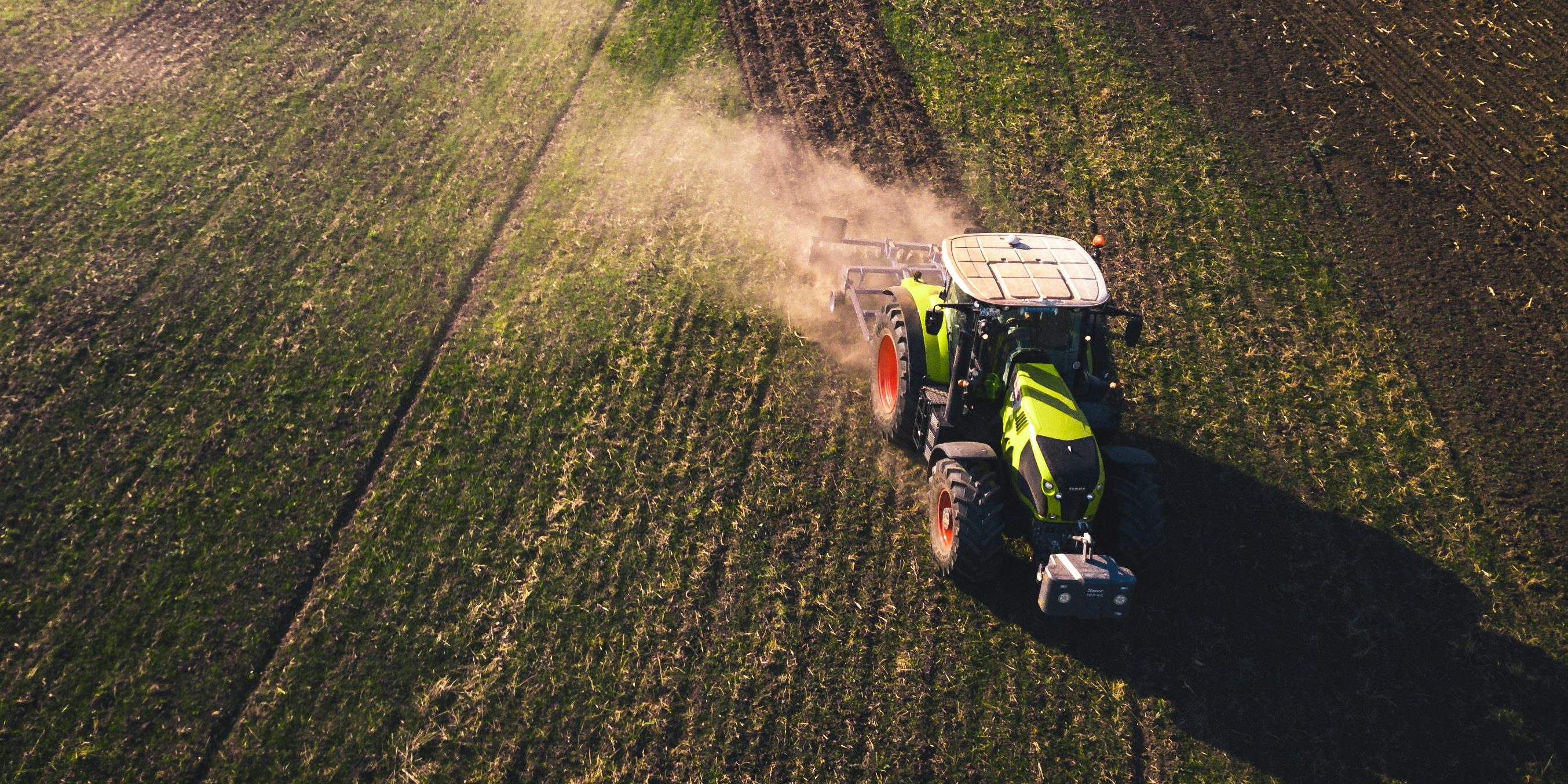
Income for farmers
The biogas plant’s cooperation with local farms involves, among other things, the provision of raw materials for biogas production. For farmers, this is an opportunity to gain an additional source of income from the disposal of agricultural waste.

Increasing energy security
Biogas plants contribute to the promotion of energy diversity, resulting in increased regional or national energy independence.

New workplaces
To ensure the continued operation of the installation, biogas plants need a team of plant operators, who are recruited from the local labour market.
